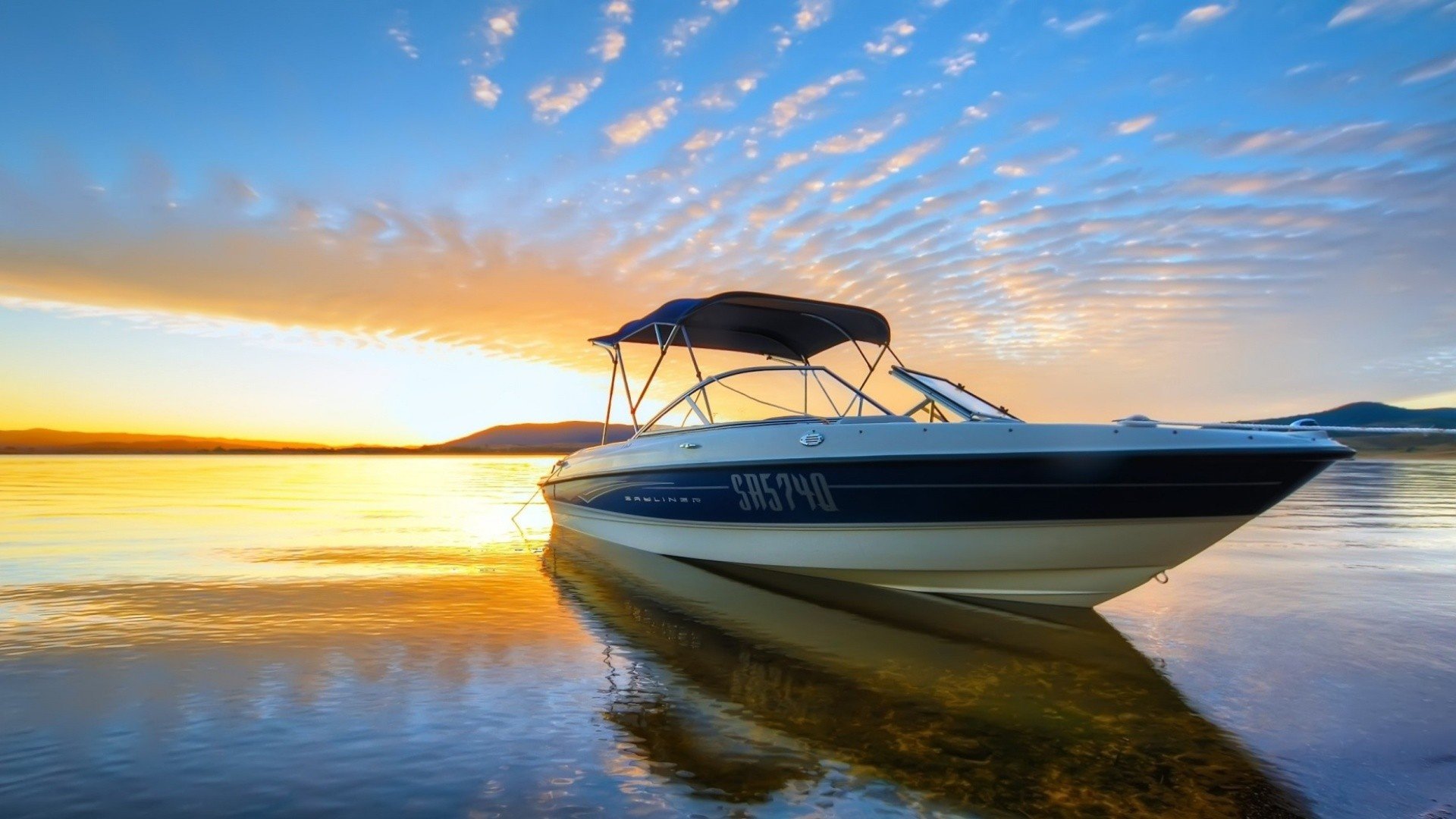
 As the weather starts to warm up, boat owners will begin getting prepared for boating season. The first step to preparation is to take the Transport Canada Boating Safety Test in order to obtain a Pleasure Craft Operator Card (PCOC). To legally operate a boat, you are required to have a PCOC, failure to do so may potentially subject you to a $250.00 fine and may also void any insurance policy in place (https://www.ona.ca/boat-insurance-ontario/#.WSyAUuvyu70). The second step to preparation is to buy insurance for your boat to protect your risk of liability and cover damages.
As the weather starts to warm up, boat owners will begin getting prepared for boating season. The first step to preparation is to take the Transport Canada Boating Safety Test in order to obtain a Pleasure Craft Operator Card (PCOC). To legally operate a boat, you are required to have a PCOC, failure to do so may potentially subject you to a $250.00 fine and may also void any insurance policy in place (https://www.ona.ca/boat-insurance-ontario/#.WSyAUuvyu70). The second step to preparation is to buy insurance for your boat to protect your risk of liability and cover damages.
There are three main options of insurance coverage for privately owned boats. Firstly, Hull and Machinery insurance provides coverage for the total loss of your boat and the attached equipment. Secondly, Protection and Indemnity insurance provides liability coverage for damage and bodily injury. Thirdly, the Medical Payments insurance option provides coverage for medical expenses that arise as a result of an incident on your boat (http://www.ibc.ca/ns/home/recreational-properties/boat).
In addition to insurance coverages that have a strict Marine Policy, there is also the option to have your marine policy tied to your home owner’s policy. However, combined insurance coverages may be restricted to boats with a particular length and horsepower. Boats outside of the prescribed limits, such as yachts or larger boats, would require a marine specific policy.
When choosing an insurance broker, it is also important to consider the age restrictions on the boat operators and whether there are any time limits or navigational limits on the application of the insurance policy.
Some insurance coverage may apply to younger boat operators. It is important to make sure that you confirm the age requirement of boat operators for your particular insurance coverage. The legal age restrictions for operating a boat in Canada are (https://www.ona.ca/boat-insurance-ontario/#.WSyAUuvyu70):
| Age | Power Restrictions |
| Under 12 years of age, and not directly supervised | Can operate vessels with under 10 hp |
| Between 12 years and under 16 years of age, and not directly supervised | Can operate vessels with under 40 hp |
| Under 16 years of age | Not allowed to operate a Personal Watercraft (jet ski) |
Lay-up periods are specified times, set by your insurance policy, when your boat must be out of the water. If you use your boat on the water at any point during this restricted time, you will not be covered by your insurance. Some insurance policies may also include navigational limits with regards to where you can operate your boat while under coverage (http://www.standrewsinsurance.com/blog/entryid/11085/9-important-things-to-know-about-boat-insurance-in-ontario). Make sure to ask your broker about the lay-up period and navigational limits that may apply to your boat.
There are varying insurance coverages available to boat owners and it is important to consider the following factors regarding your boat and your use when determining what kinds of coverage options would be adequate:
- The boat’s length, type and value
- The condition and market value – the broker may ask for a survey if your boat is older than 15 years
- How frequently the boat is used and how and where it is stored
- The waters you typically navigate and if you ever charter the boat
- The experience, loss and claims history of the owner and or operators
- If the operators are members of the Sail Canada or Canadian Power and Sail Squandrons
- If you have a boathouse, you may need additional coverage for these buildings.
Most importantly, ensure that you are enjoying your boat in a safe and fun manner by taking note of the following (http://www.ibc.ca/ns/home/recreational-properties/boat):
- Always check the weather forecast to ensure that there are no hazards before going out into the waters.
- Always plan your route ahead of time and supply your boat with navigational aides to help you when you are in need of direction.
- Ensure that every person on the boat has a life jacket or personal flotation device (PFD). It is required by Canadian law that boats are equipped with Canadian-approved lifejackets or PFDs of an appropriate size for all individuals in the boat.
- Drive responsibly and do not operate a boat while under the influence of alcohol and drugs.
If boaters adequately follow the steps to prepare for safe boating, they can enjoy their time and be certain that they are safe and insured. If you or your loved one is injured in a boating accident, please contact the critical injury lawyers at McLeish Orlando LLP for a free consultation.
[youtube url=”https://www.youtube.com/watch?v=35Osi7TexYY” width=”500″ height=”300″]